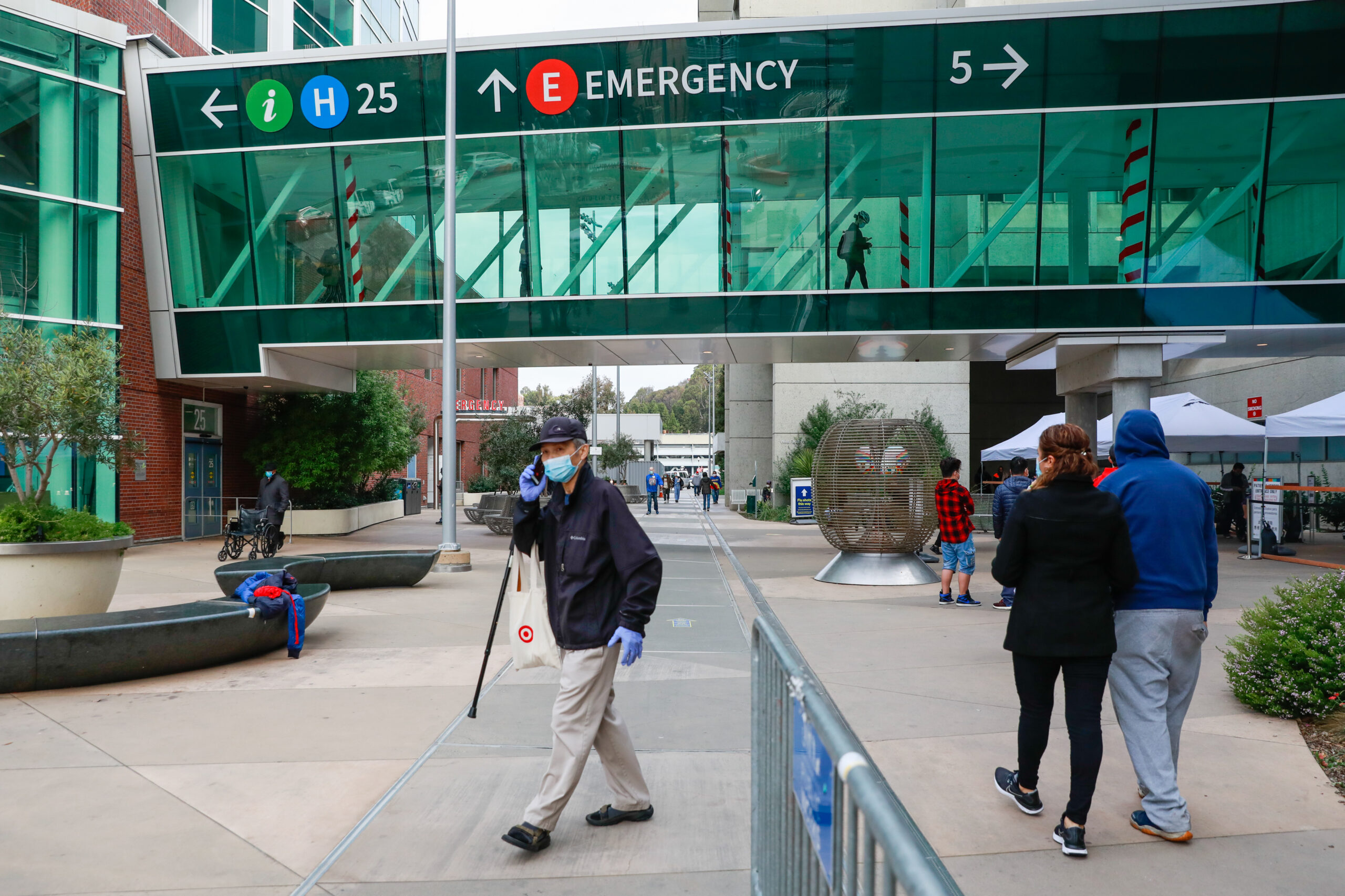As the pandemic wears on, hospitals across the U.S. are having a harder time hiring and retaining nurses. San Francisco is no exception.
Staff vacancies at Zuckerberg San Francisco General Hospital (SFGH) ticked up to 9% in July, according to a report presented at an Aug. 24 Health Commission hearing. Vacancies among registered nurses rose to 6%, driven in part by competition at nearby Bay Area hospitals and a lack of eligible candidates.
“Staffing at hospitals is a national problem; it’s actually a crisis in the U.S. and it is challenging here as well,” said Dr. Susan Ehrlich, CEO at SFGH.
Exhaustion and burnout have driven many nurses into retirement since the onset of the pandemic, exacerbating an existing shortage of nurses in the U.S. According to the U.S. Department of Health and Human Services, California faces the worst nursing shortage of any state with a projected deficit of 44,500 nurses by 2030.
Underlying the problem is an aging workforce, a lack of nursing educators and overall growing demand for registered nurses. But a pandemic now entering its fourth wave has created a “dire” situation at some hospitals, said health commissioner Dr. Laurie Green, with nurses putting in long hours in response to heightened demand for care.
“I know a lot of people are working extra shifts and overtime; I see them every day and it really troubles me,” said Green, an obstetrician at Sutter Health. ”It is palpable every day in my world.”
At SFGH, nursing shortages are most acute in the emergency care unit, with about an 8% vacancy rate as of last month.
A lack of staff means the unit is opening up fewer beds, said health commissioners at the Aug. 24 hearing.
If enough beds aren’t available, emergency patients may be diverted to other facilities in a process known as ambulance diversion. In July, the rate of ambulance diversion—expressed in the percentage of hours when ambulances were diverted to other facilities—shot up to 65% of hours from 41% the month prior. In 2015, San Francisco established a target of no more than 35% diversion at SFGH.
“The diversion is entirely because of staffing at this point,” added Ehrlich.
Data from the Department of Public Health (DPH) show a sharp drop in diversion hours across all San Francisco hospitals as COVID-19 lockdowns took effect in March 2020. Those numbers have steadily crept back up this year.
Likewise, SFGH saw the percentage of patients who leave the hospital without being seen rise to 4% last month, above its target of no more than 2%.
Ehrlich reported that the hospital hired 25 new staffers last month, including some nurses, and saw 13 employees leave.
To mitigate the shortage, the hospital is hiring contract or “per diem” nurses on an as-needed basis, and asking recruiters to top up lists of eligible candidates more regularly, broaden the base of candidates pre-approved for interviews and train new staff to assist with hiring demands.
Nurse recruitment is “a department-wide effort,” Ehrlich said.
